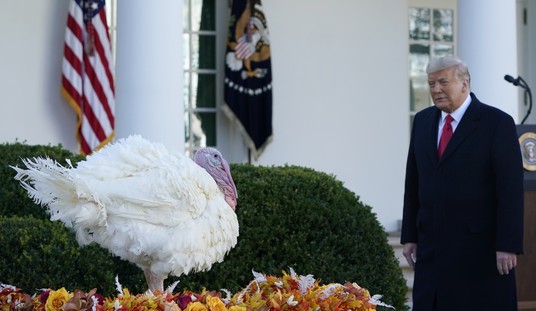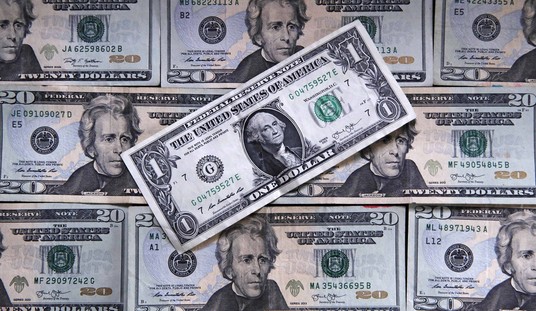This was a discussion which CNN’s Jake Tapper kicked off this week on Twitter and it led to quite a bit of debate. A New York Times article from the weekend takes the rather unusual position that some veterans may not be looking for a “thank you” from civilians when they return home. In fact, some may even be offended by it.
Mike Freedman, a Green Beret, calls it the “thank you for your service phenomenon.” To some recent vets — by no stretch all of them — the thanks comes across as shallow, disconnected, a reflexive offering from people who, while meaning well, have no clue what soldiers did over there or what motivated them to go, and who would never have gone themselves nor sent their own sons and daughters.
To these vets, thanking soldiers for their service symbolizes the ease of sending a volunteer army to wage war at great distance — physically, spiritually, economically. It raises questions of the meaning of patriotism, shared purpose and, pointedly, what you’re supposed to say to those who put their lives on the line and are uncomfortable about being thanked for it.
Mr. Garth, 26, said that when he gets thanked it can feel self-serving for the thankers, suggesting that he did it for them, and that they somehow understand the sacrifice, night terrors, feelings of loss and bewilderment. Or don’t think about it at all.
“I pulled the trigger,” he said. “You didn’t. Don’t take that away from me.”
The author of the piece, Matt Richtel, has clearly located a few soldiers who have issues with how they are received by civilians at home. I don’t know Mike Freedman, but I appreciate his incredible service as a member of our special forces. But I also wouldn’t want to offend him and, were I to know his feelings, I would skip saying “thanks” to him, even speaking as a fellow veteran. Our military experiences were very different and decades apart and I wouldn’t pretend to be able to share what he’s feeling today.
Richtel, on the other hand, may be coming at this from a less than well rounded position. The Berkeley educated writer has won awards for his reporting on distracted drivers and some fiction work, but there is little to no mention of his direct experience with military matters. I’m not questioning the accuracy of his reporting or discounting the feelings of Mike Freedman or any of the other veterans he quotes in the piece, but I will say that this is probably not a majority view. True, I came from a different era, but even the more recent vets I know today – including my nephews coming home from Iraq and Afghanistan, as well as the younger guys at the Legion and VFW – don’t generally feel that way. They know the stories of the older guys who came home from Vietnam and even Korea who didn’t get much of a welcome upon their return and were often largely forgotten. Clearly the lifetime civilians have no clue what it was like to serve in the military, but when most of them thank us it comes from a good place in their hearts and they know the sacrifice that took place in general terms.
I would hate to see a story like this dissuade people from recognizing the service of our veterans and thanking them for going through what most civilians could never possibly imagine on behalf of their nation. If any of our vets feel that there is a sneer behind the thanks, I hope they stop to talk to some of the people offering them and understand that the well wishes are almost always heartfelt and sincere, even if they come from a place of only marginal understanding when it comes to the nitty gritty of service. I’ve never been offended when my friends and neighbors thank me on Veterans Day and I don’t suspect any malice on their part.








Join the conversation as a VIP Member